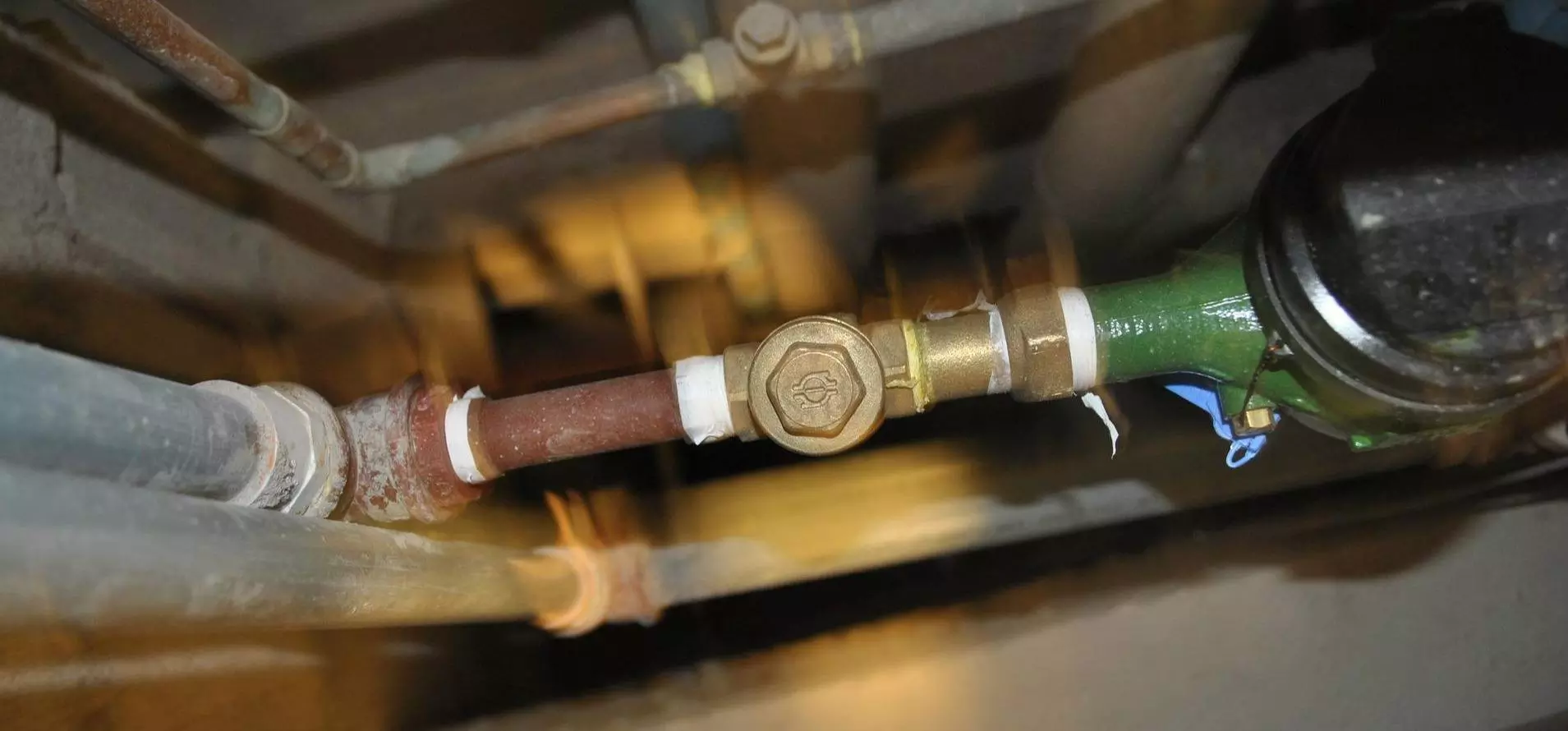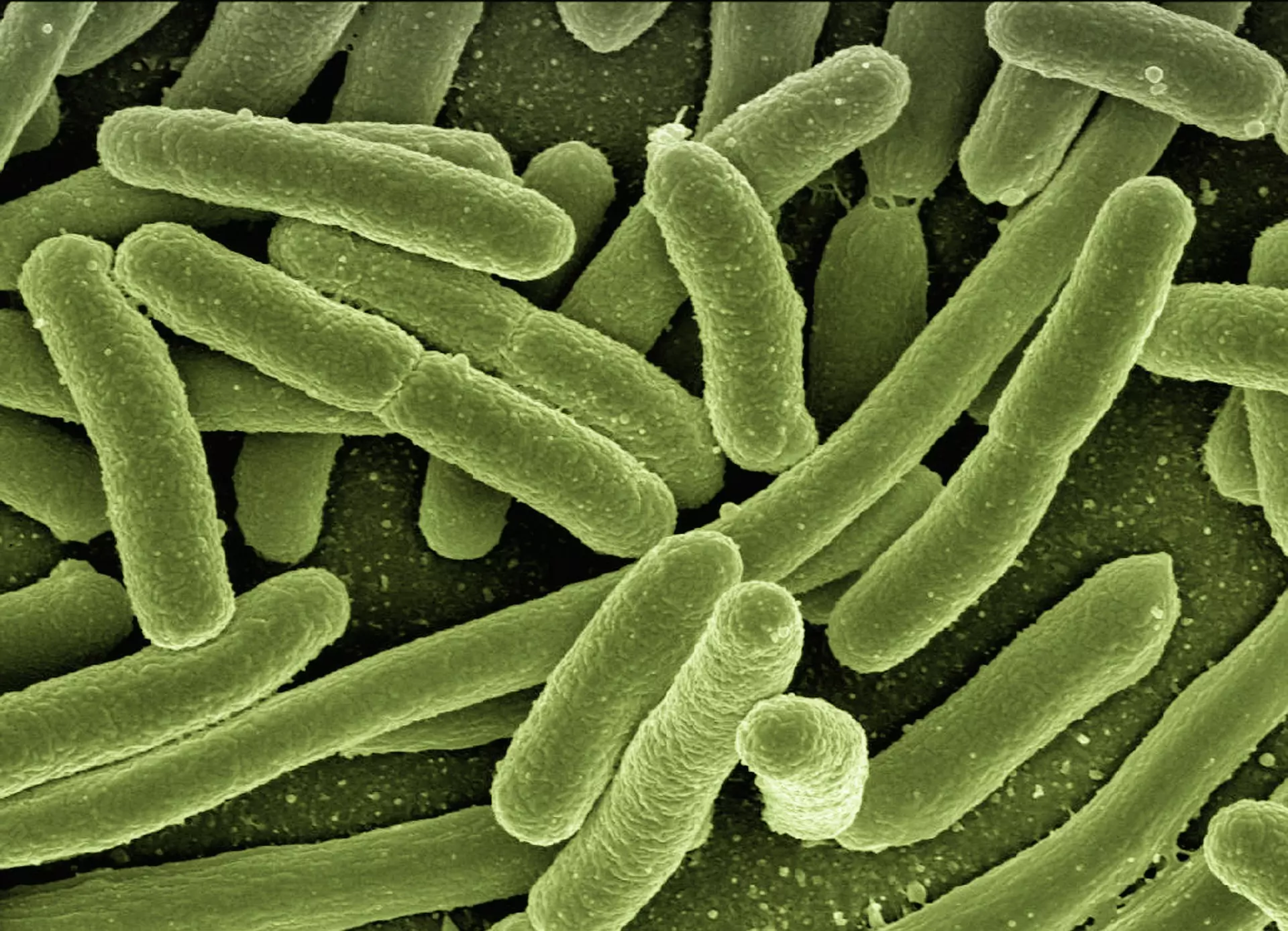This article looks at the dangers of Legionella? If you wanted to know more about Legionella and the risks from the disease, find out more here.
What Are The Dangers Of Legionella?
Legionella bacteria causes the potentially fatal Legionnaires' disease when inhaling water droplets. Despite being deadly, it is under-reported in the UK because it is often classed as pneumonia and without identifying legionella as the causative agent.
Legionella Risks
Risks of the legionella bacteria have emerged in recent years. Many businesses shut down during the Covid-19 pandemic due to lockdowns, leading to buildings being closed. Water systems in those buildings were left without somebody to perform control measures, resulting in water stagnation. As a result of this, the legionella bacteria were allowed to grow and spread throughout the water.
Many buildings with water systems have legionella risk assessments incorporated into their health and safety reports. They document the schemes of control and how they manage the water safely. However, buildings were left without such risk assessments as the Covid-19 pandemic was an unprecedented worldwide event.
Plans to control the spread of legionella bacteria were made at very short notice and prevented many businesses from opening their properties again. Moving forward, businesses minimise the risks of the disease by better understanding them.
By arranging and putting more control measures in place, we can see how the bacteria is spread. Through flushing, cleaning, and disinfecting, we can put strategies in place to demonstrate how effective the control measures have proved to be.

These strategies will consist of inspections, sampling, temperature monitoring, and biocide residuals, to name but a few. Those with exposure to legionella may not even get sick.
The people at increased risk include those aged 50 years and above, current or former smokers with chronic lung disease, weak immune systems, taking drugs that weaken the immune systems, cancer, and underlying illnesses such as diabetes. For example, smoking damages the lungs and makes them more susceptible to acquiring all types of lung infections.
Signs and Symptoms of Legionella
If one finds themselves exposed to legionella bacteria, they can develop either legionnaires' disease or Pontiac fever. Like other types of pneumonia, the initial symptoms one gets after being exposed are headaches, fevers of 40 degrees and higher, and muscle aches.
By the third day, you are likely to develop further symptoms such as the following: chest pain, confusion, coughing, diarrhoea, flu-like symptoms, nausea, or shortness of breath.

Legionnaires' disease causes lung inflammation caused by infection, occasionally infecting wounds and the heart. After being exposed to legionella, you may see symptoms of Pontiac fever after some time, between a few hours to up to three whole days.
Pontiac fever symptoms usually last less than a week. It causes fever, muscle ache, chills, and headaches. Someone with Pontiac fever does not have pneumonia and is, therefore, treated differently than those with legionnaires' disease. Many patients are usually clear of these symptoms within two to five days.
Legionnaires' Disease Diagnosis and Treatment

Legionnaires' disease can cause many health complications such as acute kidney failure, lung failure, septic shock, respiratory failure, and even death if not treated promptly enough. Most cases of legionnaires' disease have been successfully treated.
After having symptoms, hospital care is often necessary to fully recover. For those at high risk, getting prompt treatment is critical. Diagnosing and treating the disease early can help shorten the recovery period and prevent the patient from suffering serious complications.
The disease causes lung infections and is what makes the disease such a serious case of pneumonia. Doctors either ask for urine tests or the patient's phlegm to perform laboratory tests to deduce whether legionella antigens caused the patient's pneumonia. Chest X-rays can confirm the extent of the infection in the lungs but not differentiate the presence of Legionnaires' disease against other diseases and infections.
Treatment typically includes antibiotics given directly to the vein upon initial contracting the disease. After you begin to recover from the symptoms, you will still be required to take antibiotics in the form of tablets for one to three weeks. You may be required to have oxygen through a face mask, nose tubes, or a machine to help you breathe.
How you get Legionnaires' Disease
You can contract legionnaires' disease by being exposed to many water features, including air conditioning systems, humidifiers, spa pools, hot tubs, taps, showers, and hospitals. You may have been exposed after spending nights away from home, as you are more likely to catch the legionella bacteria from within commercial, business, or industrial buildings.
Essentially, you can get it by breathing in tiny droplets of water containing the bacteria. Apart from water droplets, the infection can be transmitted by aspiration and soil if the water and soil are contaminated. Legionella thrives on lime-scale, rust, and in warm water. It grows in environments that use water aerosols.

For example, you cannot acquire legionnaires' disease by air conditioning units in homes and cars, as they do not use water to cool the air. You cannot usually contract the disease by drinking water or by other people with the infection as it is rarely contagious.
By following the following advice, you can significantly reduce the risk of contracting legionnaires' disease: don't smoke, avoid others when they are smoking, don't drink alcohol, stay out of work and school, rest as much as you can, and drink plenty of fluids.
Do you require Legionella Risk Assessment ? We offer services to both domestic and commercial customers Uppingham, Oakham, Stamford and Rutland.
Our charges are highly competitive and realistic. If you are experiencing problems with your central heating - Please contact us.

